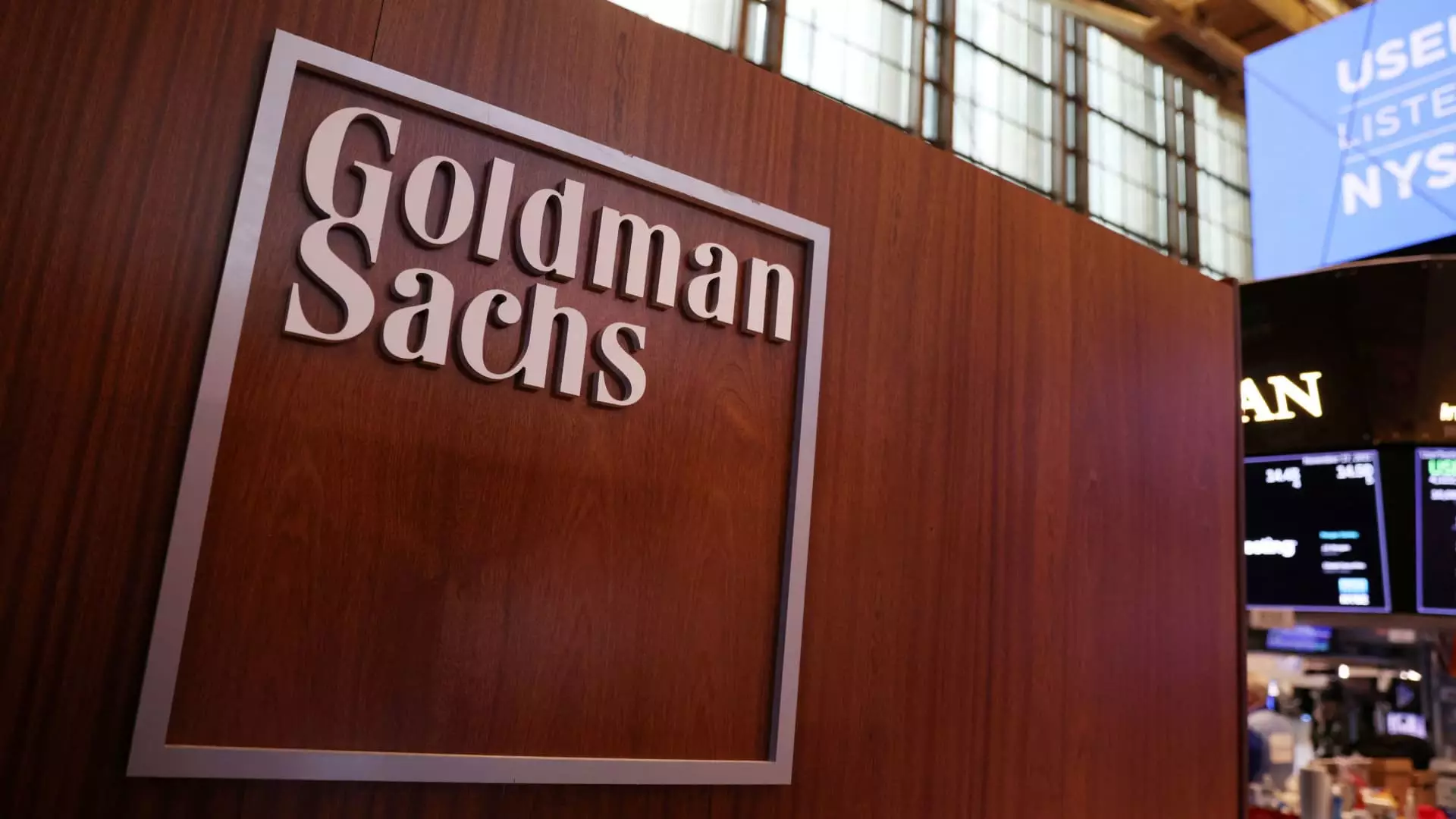In an era clouded with the allure of technological innovation, the latest development at Goldman Sachs signals more than just a mere step forward; it embodies a disturbing shift that threatens to redefine the very fabric of our workforce. The introduction of Devin, an autonomous AI software engineer, appears to herald a future where human labor is increasingly rendered obsolete, sacrificed at the altar of efficiency and profit. Beneath the veneer of progress lies a grave truth: AI is not a neutral tool but a harbinger of job displacement that disproportionately impacts working and middle-class professionals. The claim that Devin can handle complex projects with minimal supervision is nothing short of a siren song, promising job augmentation while secretly paving the way for widespread automation and devaluation of human skills.
The Mirage of Productivity Gains and the Devaluation of Human Expertise
Proponents argue that AI-driven automation, exemplified by Devin, will exponentially boost productivity, multiplying human efficiency three- or fourfold. Such narratives gloss over a critical reality: these supposed gains are subtly backed by the erosion of meaningful employment. When mundane tasks such as code updating or document summarization are handed over to AI, what remains for human engineers? Instead of focusing on creative problem-solving and innovation—traits that truly define human ingenuity—we are pushed toward roles that are increasingly task-oriented, repetitive, and secondary. This isn’t a sign of progress but a calculated move to streamline the bottom line at the expense of human expertise. The glorification of AI as a “partner” in work fails to acknowledge that these tools are often masters of routine, yet masters of routine tend to deskill entire professions and diminish the value of human insight.
Corporate Elites and the Consolidation of Power
Behind the enthusiasm of Goldman Sachs and other leading financial institutions lies a troubling pattern of elite consolidation. Companies like Cognition, with backing from venture capital powerhouses such as Peter Thiel, are capitalizing on this wave of AI deployment to increase their influence while sidelining the very workers who sustain these industries. The narrative of a “hybrid workforce” is, at best, a half-truth; in reality, it conceals a broader agenda—to concentrate power in the hands of a technological elite while systematically pruning the middle classes. AI entities like Devin aren’t merely assistants; they are tools to reshape corporate power structures, making human workers less indispensable and paving the way for monopolistic control over economic outputs. This raises profound questions about who truly benefits from technological breakthroughs: the creator class or the corporate class?
Ethical Dilemmas and the Human Cost
The deployment of AI in high-stakes environments like Goldman Sachs reveals an alarming disregard for the human element. As AI takes on roles once reserved for skilled professionals, the ethical toll becomes increasingly evident. What happens to the thousands of talented engineers, analysts, and support staff who find their skills rendered redundant? The narrative of a collaborative human-AI future conveniently ignores the social fabric fraying around us. It’s not merely about job loss; it’s about eroding dignity, self-worth, and social stability. The promise of AI as a supplement is seductive, but the reality is that these systems often serve as instruments of austerity, stripping away the human touch under the guise of technological progress.
The Fallacy of Innovation as a Moral Good
The relentless march of AI innovation in the financial sector and beyond feeds a dangerous illusion: that progress inherently equates to societal good. However, history repeatedly demonstrates that technological advancements often exacerbate inequality unless carefully managed. Goldman Sachs’s embrace of Devin symbolizes a broader trend—technology as a weapon of deregulation and labor suppression. This vision discards the essential role of policy and social dialogue, favoring a future dictated solely by algorithms and profit motives. Progress, in its truest sense, should uplift society, not accelerate the marginalization of those who sustain it. As AI continues to pervade essential sectors, the moral imperative should be to prioritize human-centric development, ensuring that innovation serves the public interest rather than corporate greed.
A Call for Critical Reflection in a Post-Human Future
It is imperative that society critically examine the narratives surrounding AI adoption. Are we genuinely witnessing a collaborative revolution that enhances human potential, or are we ceding control to a system that prioritizes efficiency at the expense of human dignity? The case of Devin demonstrates the seductive power of technology to justify deep structural changes, often under the guise of modernization. For those of us who believe in a fair and equitable economy, the challenge lies in resisting the allure of unchecked automation—demanding regulations, ethical standards, and a conscious effort to keep humans at the heart of economic life. If AI’s integration into industries becomes unstoppable, it must be guided by moral considerations that prioritize society’s collective well-being over corporate profits.

